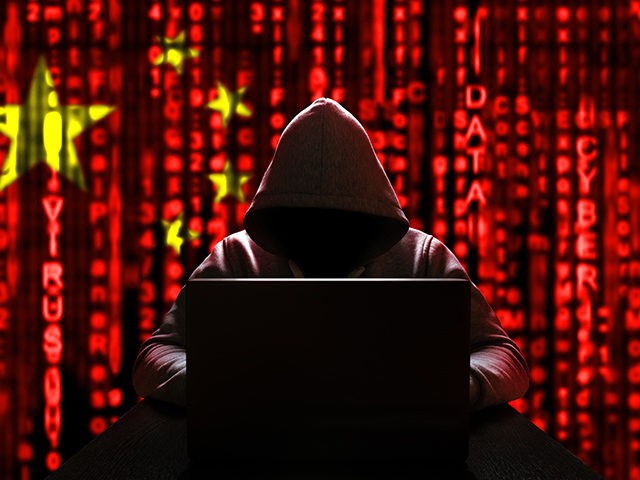Chinese blogger Qui Ziming, 38, was sentenced to eight months in jail on Tuesday under the latest addition to the Chinese Communist Party’s (CCP) long list of censorship laws.
Qui’s offense was “defaming” the Communist Party’s “martyrs” by questioning Beijing’s account of last summer’s border clashes with Indian troops in the Himalayas.
Chinese and Indian soldiers fought a vicious hand-to-hand battle over contested territory in the Himalayas in June 2020. The Indian government said 20 of its soldiers were killed, while China refused to discuss casualties until February 2021, when the People’s Liberation Army (PLA) claimed four of its troops died in the battle. Indian officials insist the PLA suffered at least the same number of casualties as India did, and potentially double, but admitting such losses would damage China’s “Wolf Warrior” image-making campaign, which portrays Chinese soldiers as superhuman action heroes.
China reluctantly admitted some casualties from the engagement after eight months because skeptics widely assumed the PLA was hiding an embarrassing number of injuries and fatalities from the engagement. Chinese subjects who questioned the belated admission of four deaths were arrested on vague charges of “smearing” the PLA and their accounts on Chinese social media platforms were canceled, supposedly to public applause.
Qui Ziming’s jail sentence was described by the state-run Global Times as the first completed prosecution under a batch of 22 “relevant clauses” of China’s criminal code that went into effect on March 1. Qui was initially arrested in February on China’s all-purpose dissent-crushing charge of “picking quarrels and provoking trouble.”
The ostensible purpose of these amendments is to “protect heroes’ and martyr’s reputations” against “online insults,” but the net effect is to make protesting against the Chinese state or challenging its propaganda even more difficult than it already was.
The Global Times gave Qui, who writes online under the pseudonym “Labixiaoqiu,” a pat on the head for confessing to his “crimes” and pleading guilty:
On February 19, Qiu released false information on China’s Twitter-like social media platform Sina Weibo, smearing the four heroes who were killed when dealing with the Indian military’s illegal trespassing of the Galwan Valley Line of Actual Control. He was detained a day later for stirring up trouble that brought about a severe negative social impact. Qiu’s Weibo account was also suspended.
On March 1, Qiu made an open apology for his misbehavior during the prime time national news broadcast on China’s state broadcaster CCTV.
“I feel extremely ashamed of myself, and I’m very sorry,” the internet celebrity, 38, said in remorse. “My behavior was an annihilation of conscience.”
The Global Times did not explain that China has a “Twitter-like social media platform” called Weibo because the real Twitter is banned for Chinese citizens. Only officials of the CCP are allowed to use Twitter, so they can spread Chinese state disinformation and propaganda to foreign audiences.
The Global Times also studiously avoided discussing what Qui wrote that supposedly insulted the CCP’s “heroes and martyrs,” but Voice of America News (VOA) said he was jailed for writing “a series of blog posts suggesting more soldiers were killed during the clashes, and that a commanding officer had survived because he was the highest officer on the scene.”
The South China Morning Post (SCMP) noted that Qui, who had 2.5 million followers on Weibo before his account was shut down, drew the malevolent attention of the Communist Youth League’s Central Committee with his posts challenging Beijing’s official account of the Himalayas skirmish. The day after the Communist Youth League published a “terse disapproving comment” about Qui’s posts, his social media accounts were closed, and he was under arrest within a week.
The Nanjing police said they detained him because he “maliciously distorted facts, slandered the five heroic soldiers who defended the country’s borders, and had an extremely bad social influence.” They had his “confession” within a few hours of arresting him.
Qui was given ten days to complete his round of public apologies through “major domestic portals and the national media” to “eliminate the negative impact” of his earlier posts.

COMMENTS
Please let us know if you're having issues with commenting.